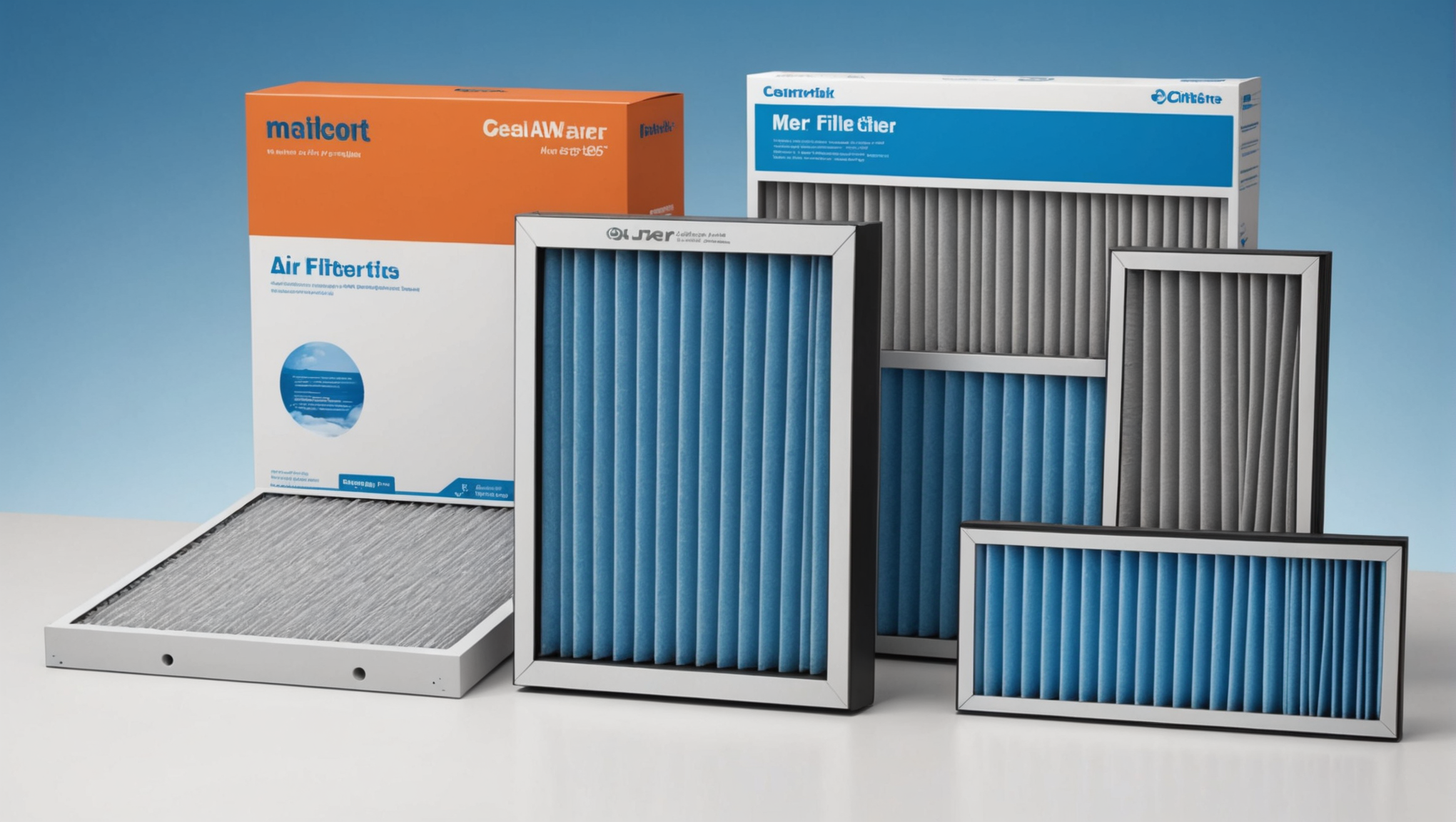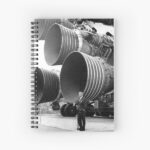When choosing an air filter, it is impossible to ignore the MERV ratings. These numerical values, essential for evaluating the effectiveness of filters, make it possible to measure their ability to remove fine particles from the air. Whether for domestic, automotive or industrial applications, each filter is assigned a MERV rating which determines its performance. Understanding this rating scale will help you make an informed choice based on your specific air quality needs.
Publication date: November 14, 2024 | Category : Products
When purchasing an air filter, it is essential to consider the value of MERV (Minimum Efficiency Reporting Value). These filters are not only limited to air conditioning and heating systems, but are also found in automobiles, machinery and even airplanes. The clues MERV demonstrate the ability of a filter to retain fine particles, ranging from 0.3 to 10 micrometers. Values MERV range from 1 to 20, where 1-4 are the least efficient, often used in residential systems, and 17-20 are the most efficient, intended for environments like clean rooms. So, a filter with an index MERV high will retain more particles, but be careful, too high an index can restrict the passage of air.

THE air filters play a crucial role in purifying the air we breathe. They are designed to capture suspended particles, thereby improving indoor air quality. To evaluate the effectiveness of a filter, it is essential to refer to its MERV rating, which determines its ability to remove different particle sizes. The higher the index, the more efficient the filter is in terms of filtration, which is all the more important for heating, ventilation and air conditioning systems.
Table des matières
ToggleUnderstanding MERV Ratings
MERV ratings, which mean Minimum Efficiency Reporting Value, offer a measurement scale from 1 to 20. Each number corresponds to a specific filtration level. For example, a filter with a MERV rating of 1 to 4 is often suitable for basic residential systems, while those rated between 13 and 16 are essential in demanding environments such as hospitals. This rating allows users to choose the filter that best meets their clean air needs.
Impact of MERV ratings on filter performance
Have a air filter with a high MERV rating can restrict airflow, which is not ideal for all systems. It is therefore crucial to find a balance. A high-performance filter can capture tiny particles, but this could also cause the ventilation system to overload. It is therefore essential to carefully analyze the compatibility between the filter and the device to guarantee optimal operation and avoid any inconvenience.

























